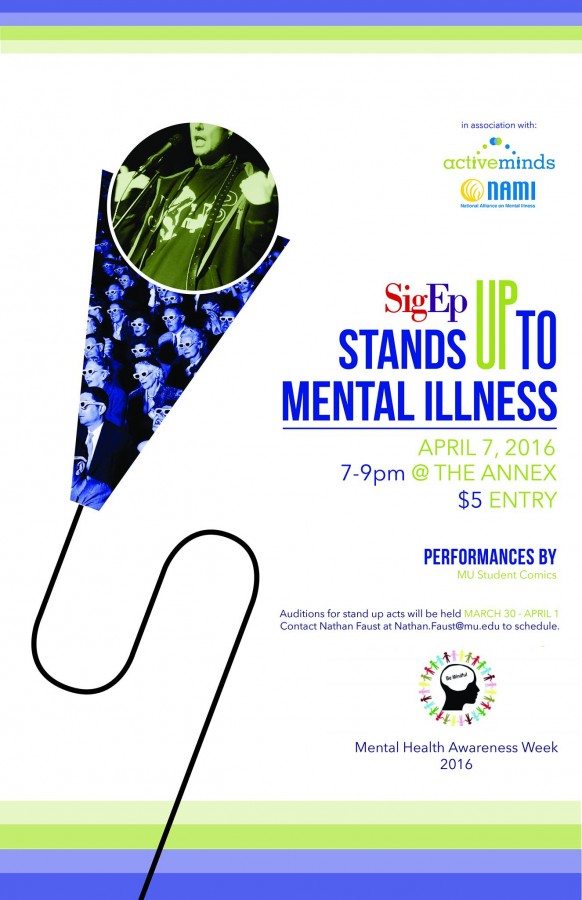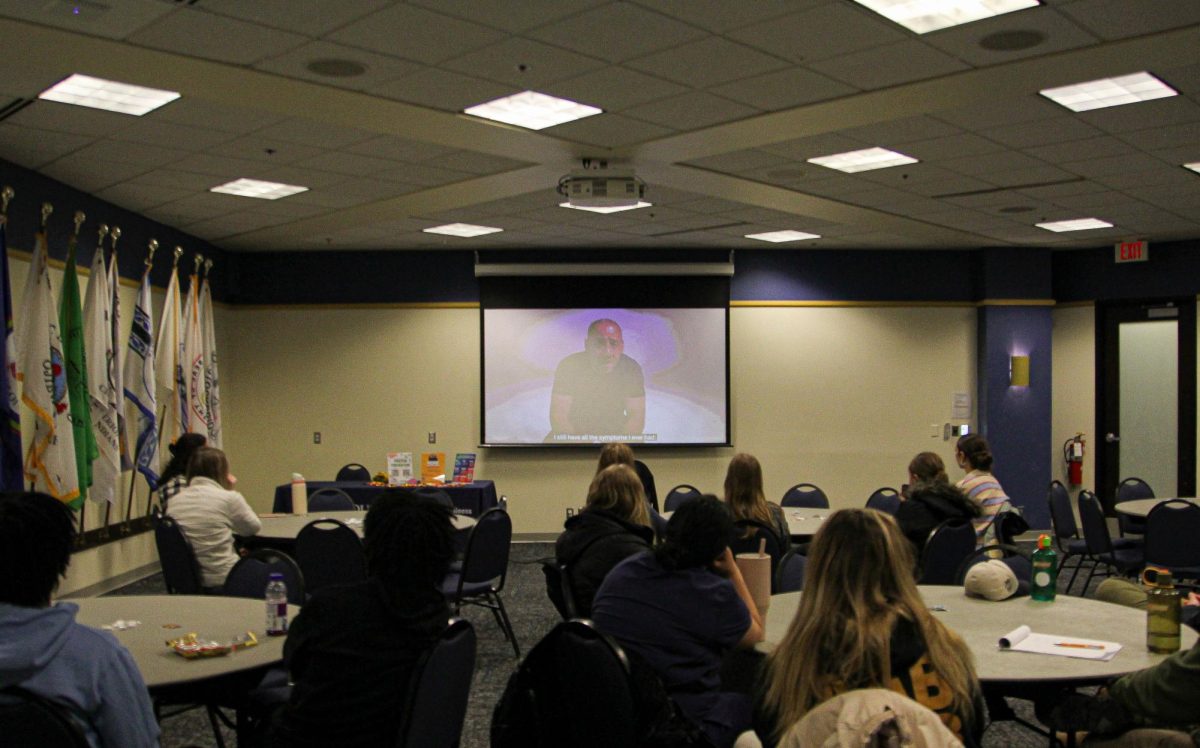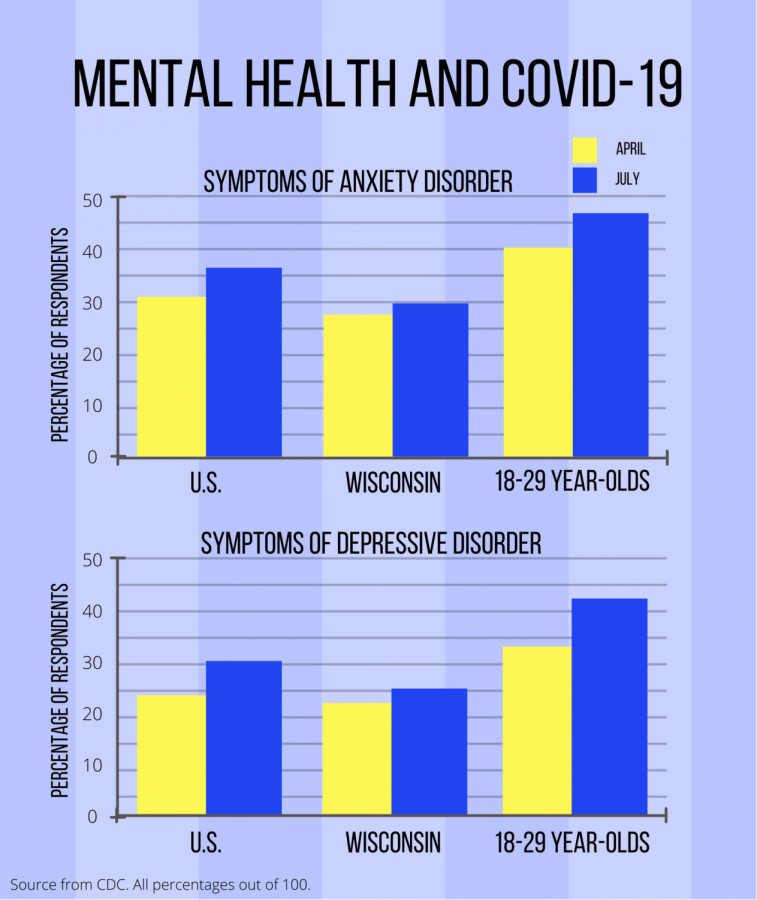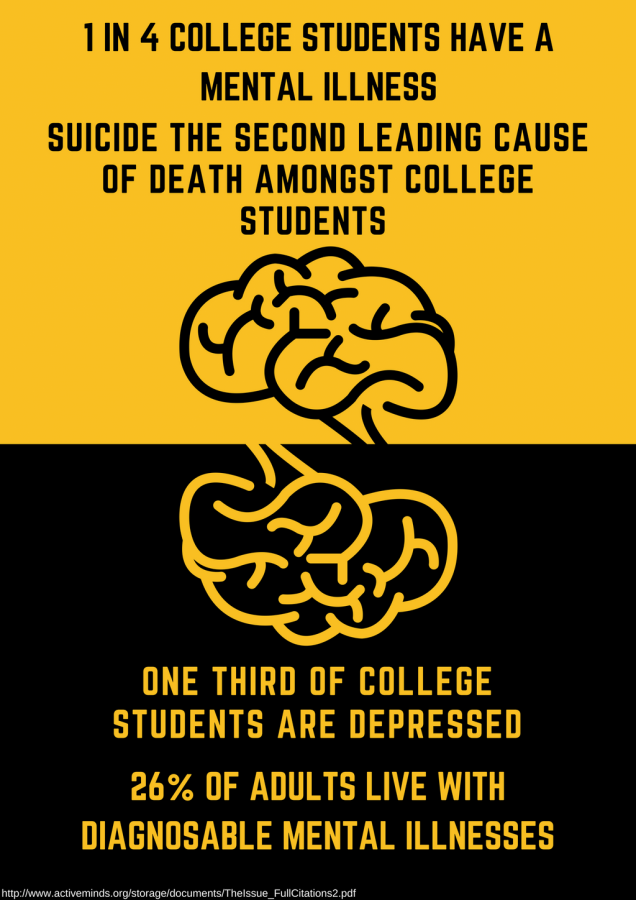
Students and faculty at Marquette use QPR – which stands for Question, Persuade, Refer – training to start necessary conversations about mental health.
In 1996, Dr. Paul Quinnett, Ph.D., founded the QPR Institute to aid in suicide prevention.
Nick Jenkins, a counselor and coordinator of mental health advocacy at the Marquette University Counseling Center, said Marquette received a grant in 2006 from the Substance Abuse and Mental Health Association. Part of the agreement was that Marquette would integrate QPR training into its campus.
“QPR … gives people training on what to do if they are concerned about someone potentially having suicidal ideation,” Jenkins said. “QPR Suicide Prevention Training is considered a ‘gatekeeper training’ in which members of the community are trained to recognize the warning signs of suicide, learn about how to intervene if someone is in distress and learn about local and national resources to help someone who may be having suicidal thoughts or other mental health concerns.”
The training is heavily touted as effective. The Substance Abuse and Mental Health Services Administration, listed QPR in the National Registry of Evidence-based Programs and Practices. As per a study conducted by Quinnett himself, 92% of healthcare professionals found QPR relevant to their work and 97% of participants rated QPR “Above Average” or “Outstanding.”
According to Jenkins, the training typically takes between 60 and 90 minutes to complete. While mainly groups undergo QPR training, it is available to any individual.
“This is a training for regular people who do not have a mental health training background,” Jenkins said. “We typically provide several ‘open trainings’ per year which is open for anyone to attend. We also provide trainings to specific groups on campus based upon request. Student groups, resident advisors, hall ministers, faculty departments, classes and other university departments have requested trainings.”
The trainings are free, and the next is slated to occur on March 28 in AMU 252 from noon-1:30 p.m. Jenkins encourages all to attend.
“Research shows that most people who are in significant distress will likely talk to a friend, family member, fellow student or work colleague about their mental health concerns prior to seeing a doctor, counselor or other mental health provider,” Jenkins said. “Therefore, if friends, family and colleagues are trained to recognize signs of suicide and have knowledge about how to intervene, the person of concern is more likely to access help sooner and it increases the likelihood of that person staying safe.”
Active Minds’ Carly Crossman, a senior in the College of Arts & Sciences, also believes that as many people as possible should receive the training. Active Minds is one of the groups on campus with a specific focus on mental health.
“I believe everyone should be QPR-trained because you never know when you will be in that situation, and it can save a life,” Crossman said.
As advocates for QPR training, the Active Minds national office is responsible for creating opportunities for people to attend training across America. Active Minds at Marquette is hoping to host a QPR training event during Mental Health Awareness Week March 27-31.
“QPR gives Active Minds a tool to utilize when an individual needs help, and as an advocacy group we want to spread our resources throughout the Marquette community as much as we can,” Crossman said.
Other groups in Milwaukee have recently been offering QPR training as well, including Prevent Suicide Wisconsin, Prevent Suicide Greater Milwaukee and REDGen.
One of the on-campus groups to receive the training was the Sigma Phi Epsilon fraternity. Brian Stumph, President of Sigma Phi Epsilon and senior in the College of Engineering, said the Marquette chapter of the frat received QPR training from Amy Lovell, wife of University President Michael Lovell, during a weekly meeting. Amy Lovell is heavily involved in REDGen, an organization that specifically assists with depression and suicide among young adults.
“The training occurred in spring of 2015, and our chapter size was about 35 guys at the time,” Stumph said. “A lot of those members have graduated since, so I’d say about seven or eight of them are still in the chapter since our last training. We are hoping to have another training either this semester or next to have our new members since then experience the QPR training.”
The chapter has ties with the National Alliance on Mental Illness. Stumph said they have organized different fundraising events for NAMI, such as selling chicken nuggets and a stand-up comedy show.
“We’ve always had a strong emphasis on mental health awareness since we adopted it as our philanthropy back in fall of 2014,” Stumph said. “However, I’d say our most recent success and recognition for our efforts have come from us learning more effective methods of bringing awareness to the Marquette community.”
Stumph said QPR seems to be one of the more effective methods.
“I would definitely say we have been enriched by QPR training,” Stumph said. “QPR training doubles as a very useful tool in communicating with somebody who is experiencing suicidal thoughts or depression as well as a way to build more empathy for others experiencing mental illness.”
Anyone who wishes to receive QPR training should contact Nick Jenkins at the Marquette University Counseling Center.











